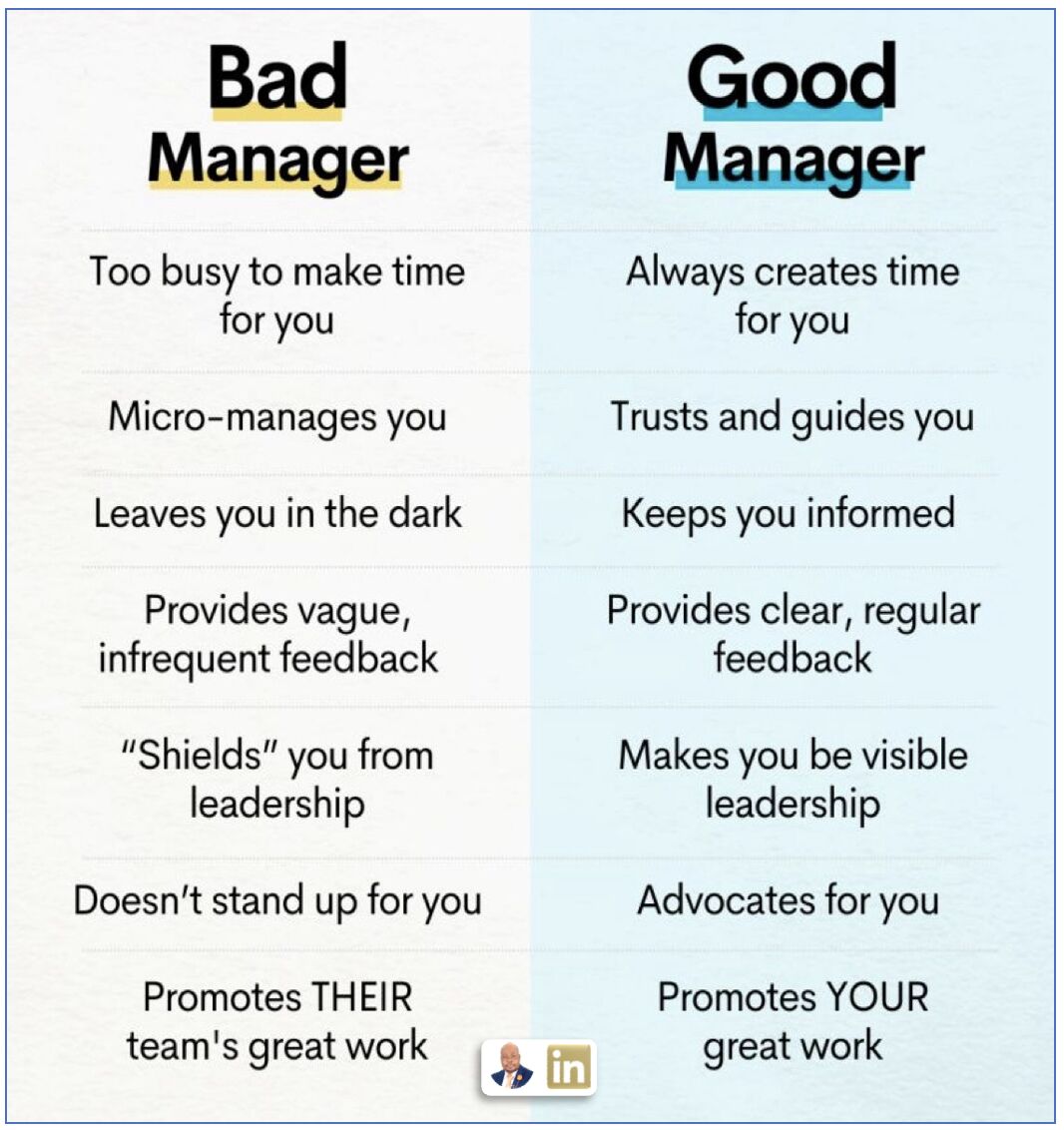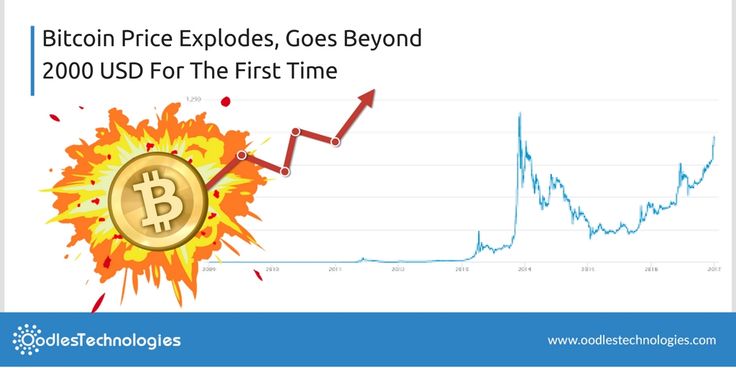Unlocking Potential: The Crucial Role Of Middle Managers In Organizations

Table of Contents
Middle managers are often the unsung heroes of any successful organization. They form the critical bridge between executive leadership and frontline employees, playing a crucial role in translating strategic goals into actionable plans and driving overall performance. This article will explore the vital contributions of middle managers and highlight how their effective leadership unlocks the potential within organizations. Investing in robust middle management training is a crucial step towards achieving this potential.
Middle Managers as Strategic Implementers
Middle managers are not just cogs in the machine; they are the engine that drives strategic implementation. Their ability to translate high-level visions into tangible results is paramount to organizational success.
Translating Vision into Action
Middle managers are responsible for taking high-level strategic objectives set by senior management and breaking them down into achievable tasks and goals for their teams. This requires a deep understanding of both the big picture and the granular details of daily operations. Effective middle managers excel at:
- Effectively communicating the "why" behind organizational strategies: They don't just assign tasks; they explain the context and importance, fostering buy-in and engagement among team members.
- Developing detailed action plans with clear timelines and milestones: This ensures focus and accountability, facilitating progress tracking and identifying potential roadblocks early on.
- Allocating resources effectively to support team goals: This includes managing budgets, personnel, and other resources to maximize efficiency and productivity.
- Regularly monitoring progress and adapting plans as needed: The ability to adjust strategies based on real-time data and feedback is crucial for navigating unforeseen challenges and achieving optimal results.
Driving Operational Efficiency
Beyond strategic alignment, middle managers are instrumental in optimizing daily operations. Their focus on process improvement and efficient resource utilization directly impacts the bottom line. Key responsibilities include:
- Identifying and eliminating bottlenecks in daily operations: By analyzing workflows and identifying areas of inefficiency, they can streamline processes and improve overall productivity.
- Implementing best practices and new technologies to enhance productivity: Staying current with industry trends and adopting innovative solutions is vital for maintaining a competitive edge.
- Monitoring key performance indicators (KPIs) and identifying areas for improvement: Data-driven decision-making is essential for continuous improvement and ensuring that operations are aligned with organizational goals.
- Developing and implementing process improvement initiatives: Proactively seeking ways to improve efficiency and effectiveness demonstrates strong leadership and a commitment to excellence.
The Importance of Middle Manager Leadership in Employee Development
Effective middle managers are not just taskmasters; they are leaders who invest in the growth and development of their teams. This commitment to talent development is crucial for fostering a high-performing and engaged workforce.
Mentoring and Coaching
Middle managers serve as mentors and coaches, guiding and supporting the professional growth of their team members. This involves providing regular feedback, identifying development opportunities, and fostering a culture of learning. Specifically, this includes:
- Providing regular feedback and performance reviews: Constructive feedback is essential for employee growth and improvement.
- Identifying training and development opportunities for employees: This might involve identifying relevant courses, workshops, or mentorship programs.
- Fostering a culture of learning and continuous improvement: Encouraging employees to pursue knowledge and skills development creates a more dynamic and innovative team.
- Delegating effectively and empowering employees to take ownership: Giving employees autonomy and responsibility fosters their growth and development.
Fostering Team Collaboration and Motivation
A positive and productive work environment is crucial for employee engagement and high performance. Middle managers play a vital role in creating such an environment by:
- Building strong relationships with team members: Creating a sense of camaraderie and trust is essential for effective teamwork.
- Encouraging open communication and collaboration: Creating channels for open dialogue and feedback ensures that everyone feels heard and valued.
- Recognizing and rewarding employee contributions: Acknowledging individual and team achievements boosts morale and motivates employees.
- Addressing conflicts promptly and fairly: Effective conflict resolution is essential for maintaining a positive and productive work environment.
Bridging the Gap: Communication and Feedback
Middle managers act as a critical link, ensuring effective communication flows both upwards (to senior management) and downwards (to frontline employees). This bidirectional communication is essential for aligning efforts, addressing challenges, and ensuring organizational success.
Effective Communication Upwards and Downwards
The success of any organization hinges on clear and consistent communication. Middle managers are vital in ensuring this flow of information:
- Regularly report progress and challenges to senior management: Providing accurate and timely updates keeps leadership informed and allows for proactive intervention when necessary.
- Actively solicit feedback from employees and incorporate it into decision-making: Listening to employee concerns and incorporating their perspectives demonstrates respect and fosters buy-in.
- Clearly communicate organizational goals and expectations to their teams: Ensuring everyone understands the "why" behind tasks and initiatives fosters engagement and alignment.
- Maintain open and transparent communication channels: Creating a culture of open communication helps prevent misunderstandings and promotes trust.
Identifying and Addressing Performance Gaps
Proactive performance management is essential for ensuring team effectiveness. Middle managers play a key role in identifying and addressing performance gaps:
- Conduct regular performance reviews: Formal reviews provide opportunities for feedback and goal setting.
- Provide constructive feedback and coaching to underperforming employees: Addressing issues early on can prevent larger problems from developing.
- Implement performance improvement plans: Providing support and resources helps employees improve their performance.
- Address performance issues promptly and fairly: Fair and consistent performance management creates a more equitable and productive work environment.
Conclusion
Middle managers are essential to organizational success. Their ability to strategically implement plans, develop their teams, and foster effective communication is paramount. By empowering middle managers and providing them with the necessary resources and training, including targeted management training programs, organizations can unlock the full potential of their workforce and achieve sustainable growth. Investing in effective middle management is investing in the future success of your organization. Focus on developing your middle managers and see the positive impact on your overall organizational performance. Remember, effective middle management is key to unlocking organizational potential.

Featured Posts
-
 Lotto Plus 1 And Lotto Plus 2 Results Official Winning Numbers
May 07, 2025
Lotto Plus 1 And Lotto Plus 2 Results Official Winning Numbers
May 07, 2025 -
 Ralph Macchio Provides My Cousin Vinny Reboot Update Joe Pescis Involvement Discussed
May 07, 2025
Ralph Macchio Provides My Cousin Vinny Reboot Update Joe Pescis Involvement Discussed
May 07, 2025 -
 Glen Powell And Jenna Ortegas New Movie What We Know So Far
May 07, 2025
Glen Powell And Jenna Ortegas New Movie What We Know So Far
May 07, 2025 -
 Bitcoin Price Explodes Approaches 100 000 Following 10 Week Peak
May 07, 2025
Bitcoin Price Explodes Approaches 100 000 Following 10 Week Peak
May 07, 2025 -
 Ayesha Currys Views On Marriage And Family Life
May 07, 2025
Ayesha Currys Views On Marriage And Family Life
May 07, 2025
